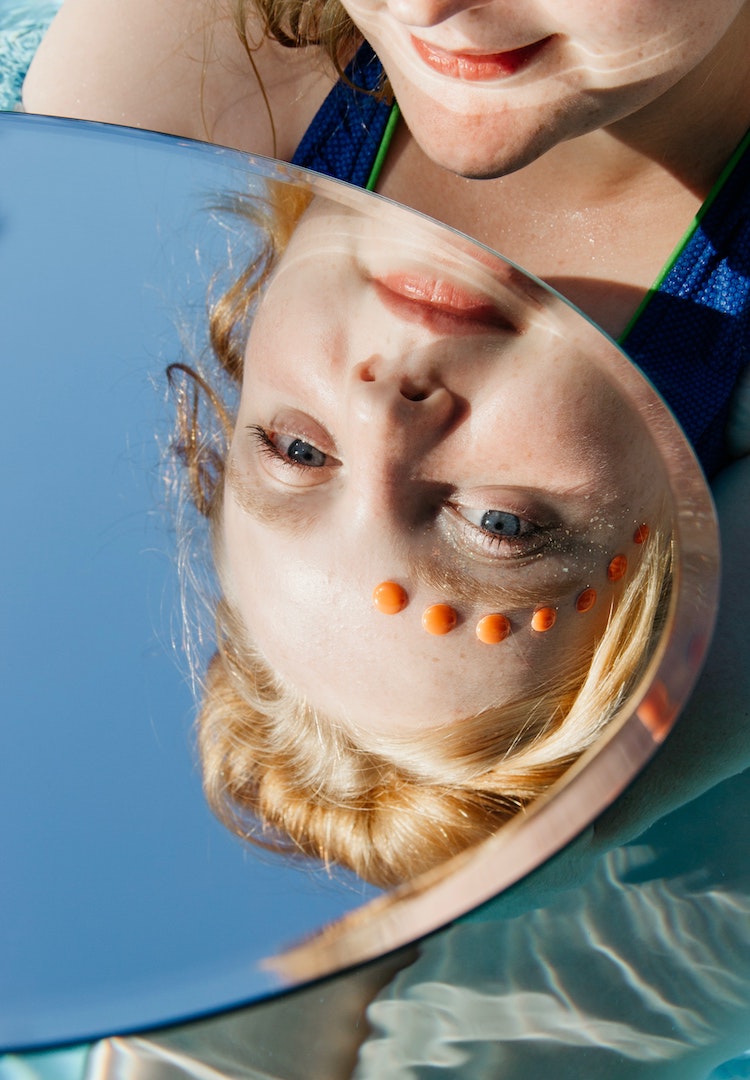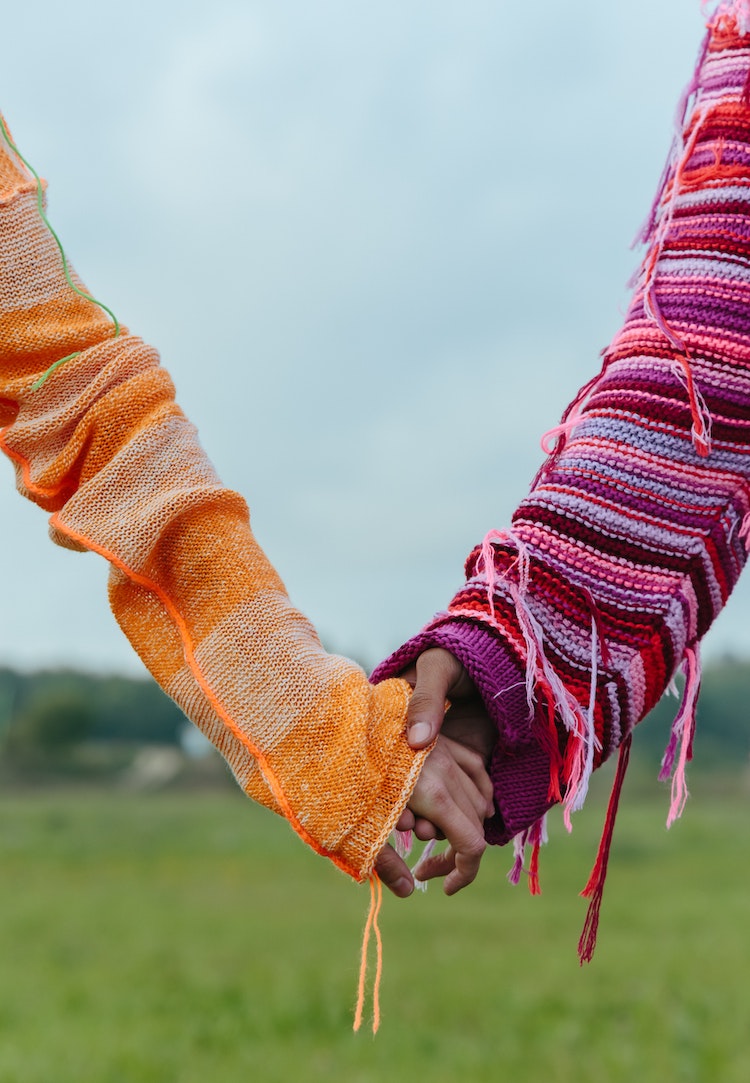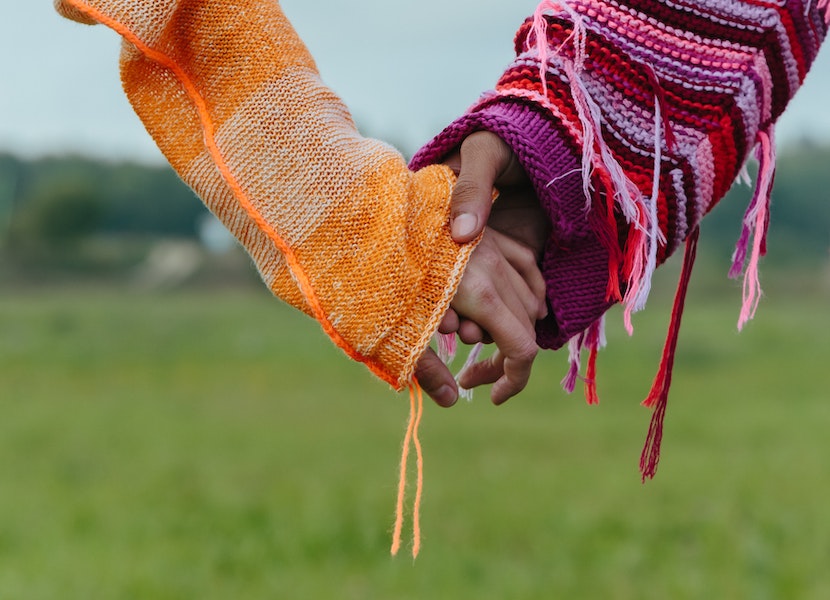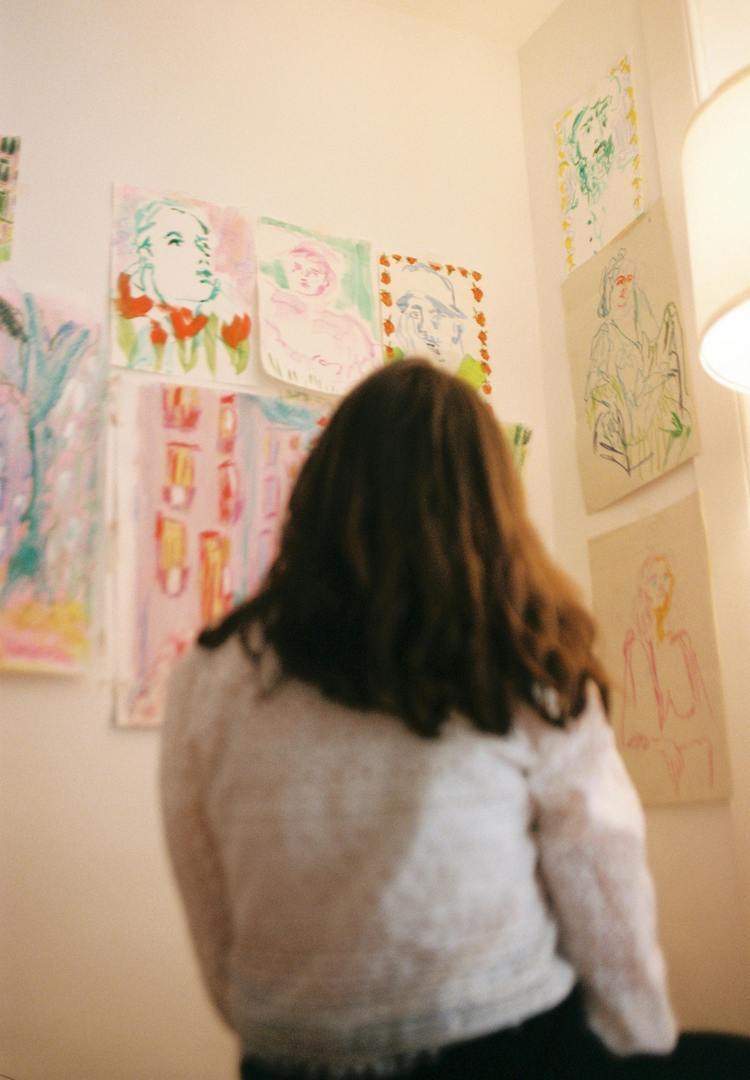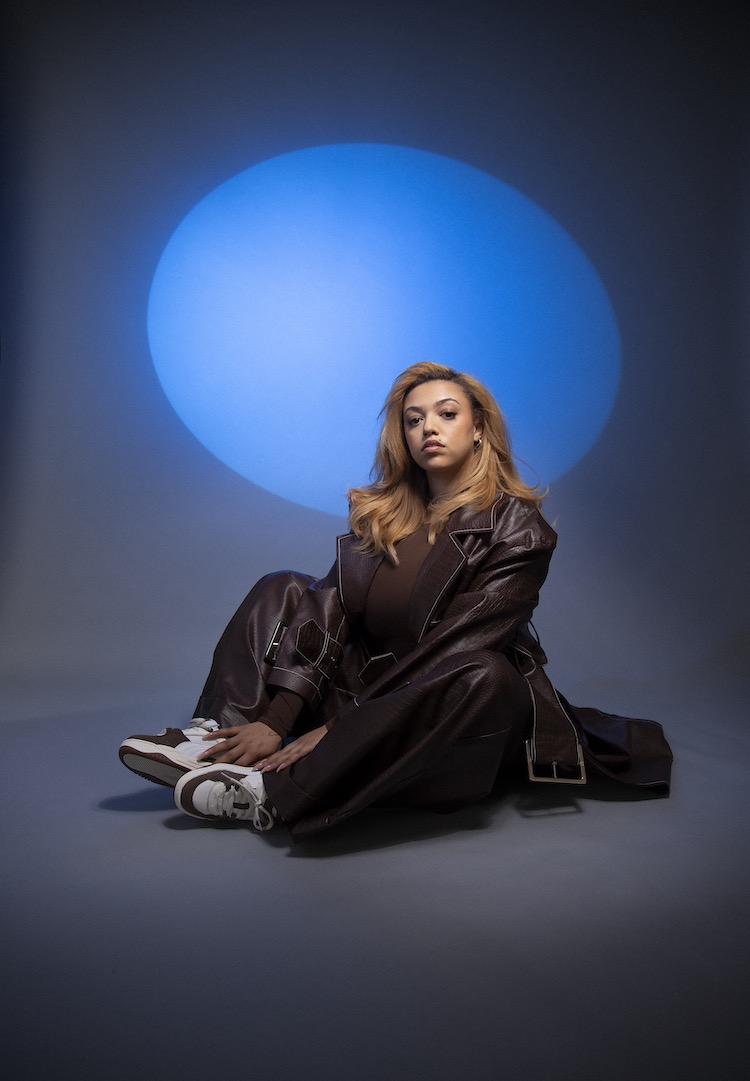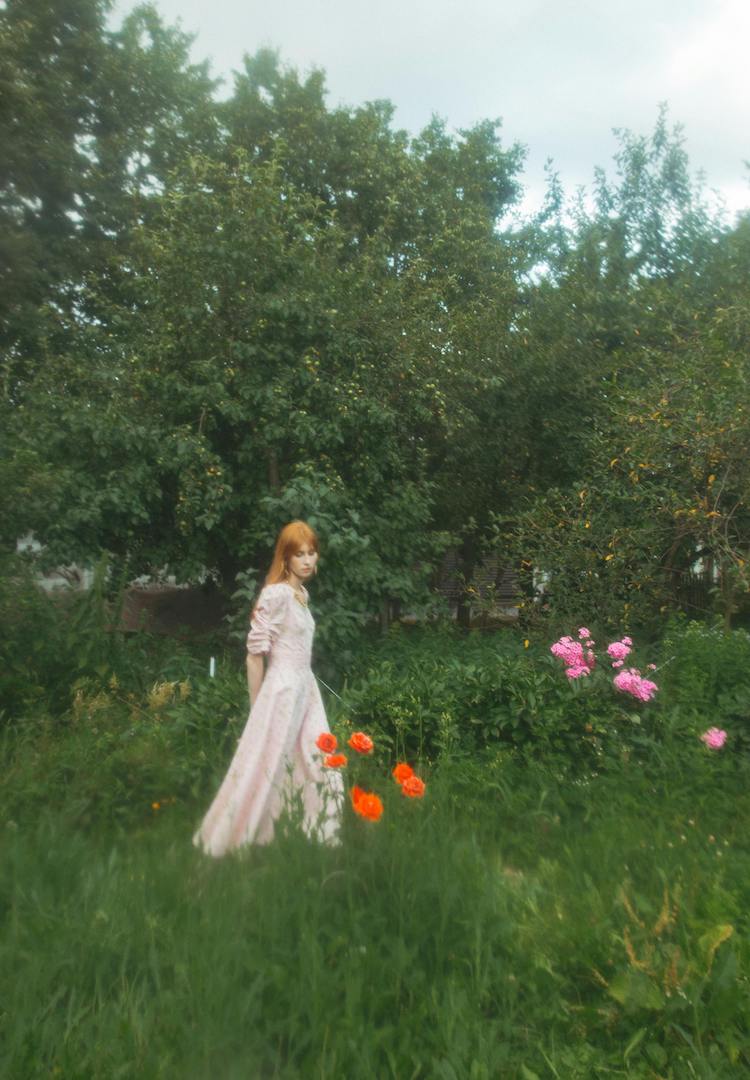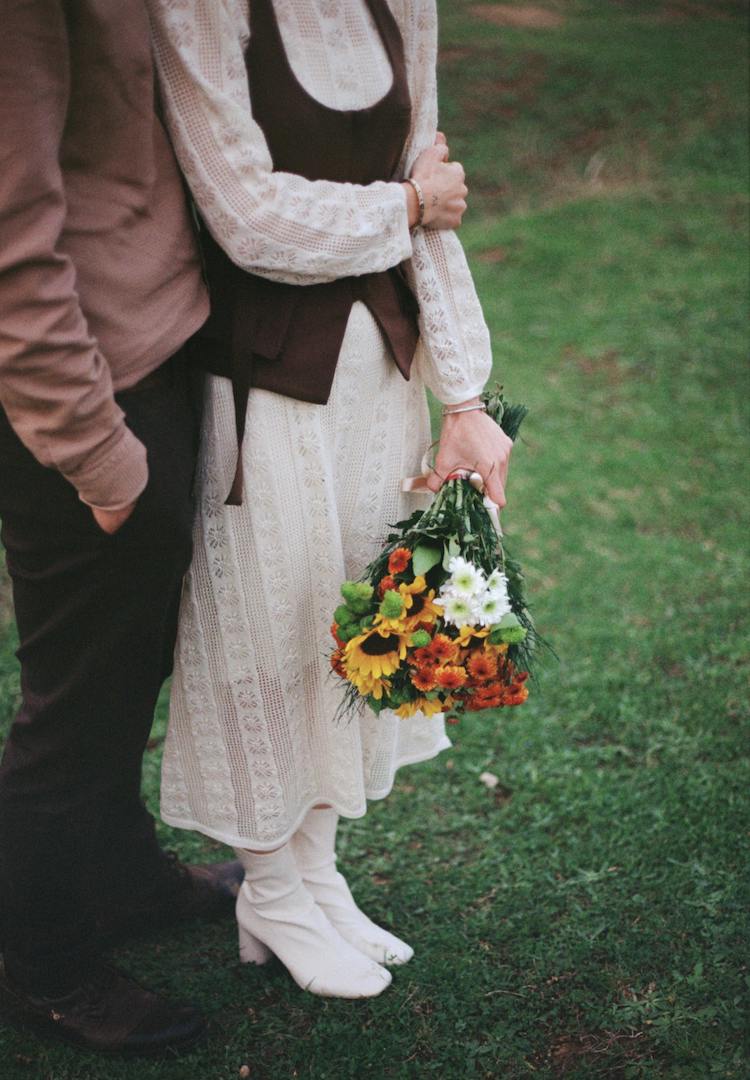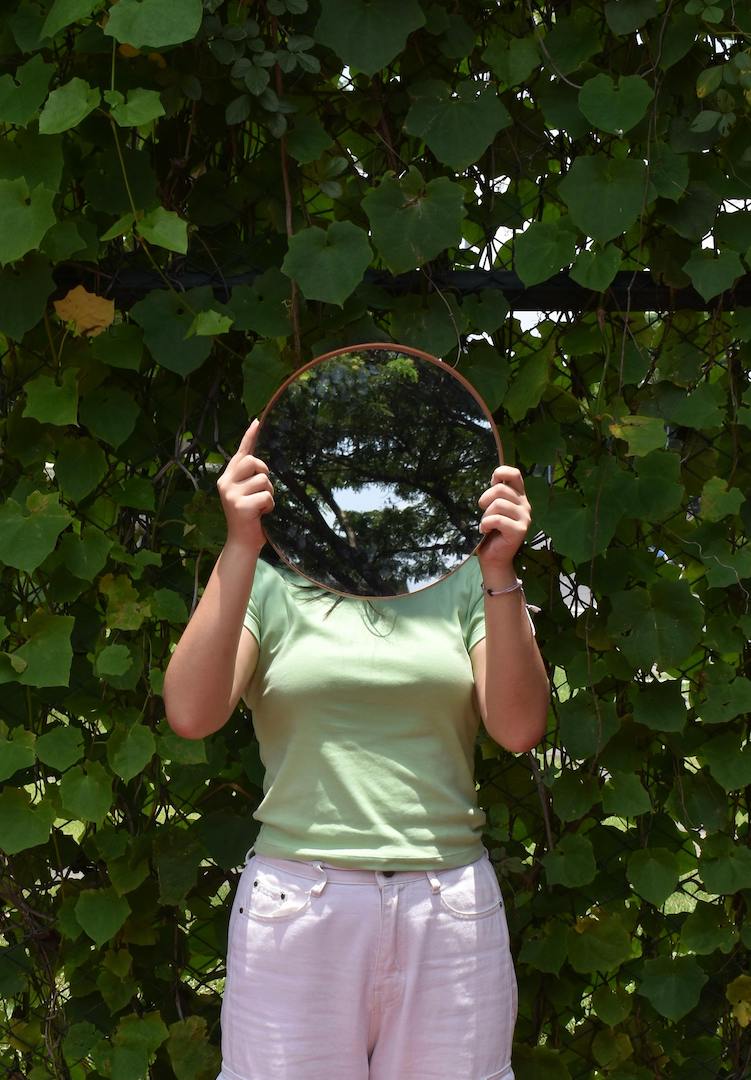Why do we still feel awkward admitting we met someone on a dating app?
WORDS BY MADISON CAMPBELL
“I just haven’t met the right person yet and Hinge makes me feel like I am at least putting myself out there.”
My last relationship ended at the close of 2020. We were still in the midst of a pandemic, fluctuating lockdowns and ever-changing laws, and the idea of meeting someone in the traditional Aussie sense (on a night out) was non-existent.
The only hope there seemed to be for dating and sex was to a) reach out to everyone I had ever slept with or b) join a dating app. The latter seemed to be the more popular choice among my other single friends (and perhaps the healthier one), but I was reluctant. Like many of us, I would repeatedly download and delete the app.
For more content like this, browse through our Life section.
In the prologue of her non-fiction book Heartland, which explores the dating lives of young Australians, author Jennifer Pinkerton explains why people might feel a little superior for having never used a dating app. “Traditional, pre-tech love wisdom proposes that we’ll meet someone remarkable, not through deliberately searching, but by doing what we relish and stumbling right into them,” she writes.
And I admit to sharing some of this superiority. Until my singledom in 2021, I had met each of my partners through real-world scenarios: introductions by mutual friends, work, university parties, clubs and bars. My ex and I obnoxiously enjoyed telling the story of how we met in 2018. I had a drink in hand at an underground bar – “Nice shoes,” he said, noticing that we were both wearing Commes des Garçons sneakers.
Later in Heartland, Pinkerton reveals that some of her interviewees even admit to lying about meeting their partners on Tinder. “There’s a distinct hierarchy to the romance associated with the different routes to reaching a first date,” one explains. “Meeting online is cause for playing coy.” And I wonder if I would do the same. Perhaps not to my closest friends, but if anyone else was to ask, would I admit to swiping right or would I re-write the story?
I reached out to my friends and Instagram followers to see what they would do, or in some cases, have done. While my friend Jack*, 22, is “proud” of meeting his now live-in boyfriend on Hinge, my friend Alice*, 27, and her boyfriend of four years told their parents and friends they met at a pub, rather than on Bumble. When I asked why she simply replied “It was too weird otherwise”.
But dating apps and online dating are here to stay, and it’s clear in the aftermath of the pandemic, the dating landscape has changed. As Maggie*, 24, explained to me, “I swear it’s impossible to meet anyone after COVID without dating apps. If you’re not on dating apps, you’re not dating!”. Her reasoning is that we are still too busy catching up with everyone we haven’t seen for months (or years). When we go out, we only want to spend time with the people we’re with.
And the statistics are on her side. According to a survey from December last year, 3.2 million Australians are now seeking partners online, most between the ages of 25 and 34. The revenue brought in from dating apps in Australia has also increased from $47 million in 2019 to $56 million in 2021.
So, if dating apps are the new norm for dating, why do I and 53 per cent of other millennials, still feel this sense of shame or embarrassment? Let’s unpack some potential reasons why online dating and dating apps still carry a stigma.
The meet-cute
Defined by the very reliable Wikipedia as “a scene in which two people who will form a future romantic couple meet for the first time, typically under unusual, humorous or cute circumstances”, many of us dream of the perfect meet-cute. We see it in our favourite movies and television shows and hear about it in our favourite songs, some even centre around it. It’s Hugh Grant spilling orange juice on Julia Roberts, it’s Billy Crystal hitching a ride with Meg Ryan from Chicago to New York.
In reality, the perfect meet-cute is hard to master and not at all an accurate representation of how things are going to turn out. I once met a former fling on a Zoom call, locking eyes across the ever-romantic screens of our laptops (kind of cute). It lasted two weeks.
Horror stories
I think it’s safe to say we’ve all heard of or experienced some sort of Tinder date nightmare – whether it be a catfish, a bad date or a flat-out scam. From a young age, we’re all warned of stranger danger, particularly on the internet.
Earlier this year it was revealed by Netflix that the The Tinder Swindler was watched for for 166 million hours, making it the streaming company’s most-watched documentary of all time. For 166 million hours, many of us were watching real-life women be scammed out of thousands of dollars by a man they met on the internet, so it’s safe to say that dating app horror stories are still at the front of our minds.
Hook-up culture
Many argue that dating apps perpetuate a ‘hook-up culture’ and while it may be what some are looking for, it can be challenging for those after a more lasting commitment. According to the aforementioned survey, only a quarter of Australians on dating apps are looking for a long-term relationship. Theo*, 26, agrees. “Truthfully, I only use the apps for sex. It’s an easy way to meet [people], go on a date and hopefully hook up after.”
An act of desperation
Often dating apps can be portrayed as an act of desperation, a last-ditch effort in one’s quest for love. But Jess*, 28, says it’s time to dispel the notion that those on dating apps are unable to meet anyone in real life. “So many of us are made to feel like we are incapable of meeting someone, but that’s not the case. I just haven’t met the right person yet and Hinge makes me feel like I am at least putting myself out there.”
So, what is the takeaway from all of this? Whether we meet out in the real world or through the world of apps, there doesn’t seem to be a surefire way of knowing which one is more likely to work. My relationship, with its fateful meet-cute, crashed and burned (an understatement), while one of my closest friends Laura*, 25, who found her long-term partner on Hinge, is in a thriving, healthy relationship.
And certified relationship coach Lee Wilson, who has 20 years of experience in their field, has found the relationship origin story doesn’t make much of a difference when it comes to the success and longevity of a relationship. Perhaps it’s time we all did away with app-related shame.
*Names have been changed.
Head here to find out how to make the most out of your time on dating apps.

